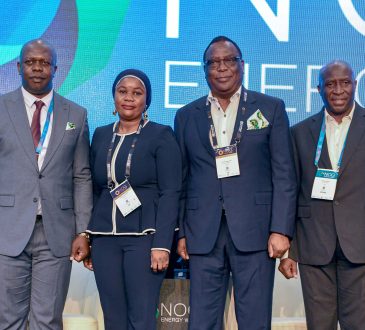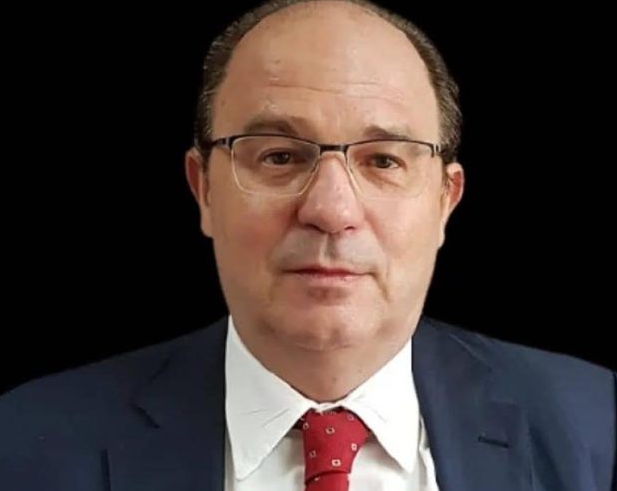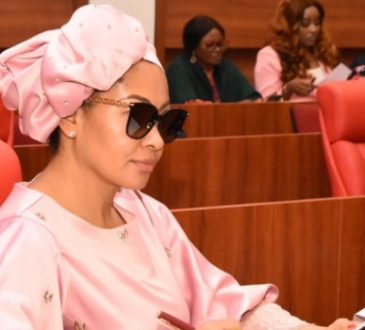
Nigerian banks, under the aegis of the Bankers Committee, chaired by the Governor of the Central Bank of Nigeria (CBN), Godwin Emefiele has set up a development intervention fund taking off in January 1, 2017.
The deal about the modalities of the establishment of the fund which will lend at single interest rate was sealed at the end of a two-day yearly retreat of the Bankers Committee in Lagos, on Saturday.
The intervention scheme, tagged Agriculture/SME Fund (AGSME Fund), is a deliberate strategy to support the funding and access to finance for small businesses and primary agriculture.
Meanwhile the initial take off capital has been estimated at about N30 billion or more, which would be disbursed to successful applicants between March and April 2017.
The move, which serves as banking industry contributions, aside from apex bank’s intervention, would however, have the pooled resources domiciled at CBN, to ensure that it is readily available for disbursement.
According to CBN Governor, “Whatever projects that people present to the Bankers Committee through its sub-committee will also go through checks to determine they are viable. Then the agreement is signed to disburse the fund.
“This is different from SMEEIS. Under it, banks will set aside money through a provision in their balance sheet. But the money stays with them. This time, once the profit is ascertained, the money provided as agreed will be wired to the CBN immediately,” he said.
While the framework for the operation of the scheme, which is modelled after an Equity Fund, will be worked out by the Committee soon, the contributions to the pool are a portion of banks’ profit after taxes.
Emefiele, while addressing newsmen at the end of the retreat, described the theme of the retreat “Economic Recovery: The Role of the Banking Sector,” as timely, given the nation’s critical situation in history.
“The banking system recognises its critical role as agent for economic development and obligation to contribute to the nation’s recovery. There is a need for innovative solutions that will enable the finance sector play a key role in driving Nigeria’s growth and development.
“The committee also recognizes the potential impact of agriculture and manufacturing by small and medium enterprises, as catalysts for rapid growth, job creation and poverty reduction. We reaffirm the commitment of the financial system to the segments in 2017.
“We reaffirm commitment to financial deepening of the economy, by making finance work, enabling viable SMEs participate in the diversification agenda, as well as reverse the disturbing monolithic dependence on oil,” he said.






